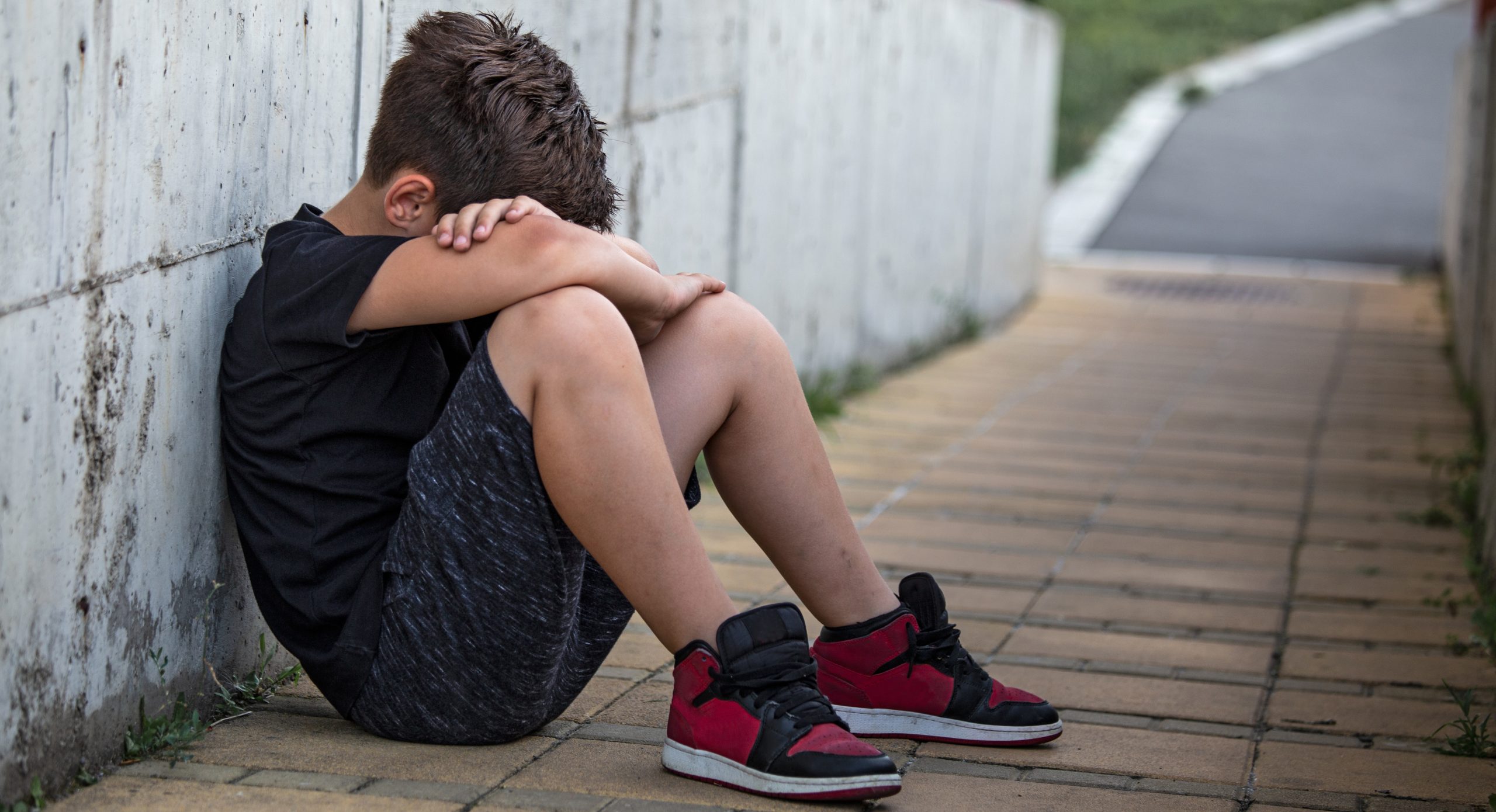October 21, 2020 is National Unity Day. Many people are wearing orange in support of anti-bullying efforts. Check out PACER for more information.
We’ve all heard about, or maybe encountered, a bully in our lives. But, when the bully is your child, and you are on the receiving end, how do you cope? You might be laughing. I get it, it sounds ridiculous. All children have rough behavior from time to time, naturally. What happens when it’s crossing the line?
Maybe at school all is well, authority is respected, but at home it’s a different story. Maybe it’s the reverse. Maybe a sibling is taking the brunt of the aggression or maybe changes at home have caused increased tension. Whatever the case, bully-like behavior from our children is a tough one to swallow.
Oppositional Defiance Disorder (ODD) certainly feels a little bully-like. When behavior crosses into this realm, it may feel like YOU, the parent, are being bullied.
Yes, YOU! It happens.
“Even the best-behaved children can be difficult and challenging at times. But if your child or teenager has a frequent and persistent pattern of anger, irritability, arguing, defiance or vindictiveness toward you and other authority figures, he or she may have Oppositional Defiant Disorder (ODD).” Mayo Clinic
Where does bullying stem from?
Bullying may manifest as a defense mechanism, a learned behavior, or habit. It could even be rooted in a disorder or mental condition. Regardless of where it comes from, it’s not OK. Gaining a little understanding may just help thwart a bully or help someone to cope. Did you know that there are some mental illnesses that could take on a form of bullying? This does not mean that mental illness is always the cause, or that every person with a mental or emotional challenge is a bully.
Anxiety for instance, in some individuals may take on a mean, condescending tone. Often, a bully-like response can erupt from anxious feelings. Micromanagement and the need for absolute control may also be present and, at their extremes, are forms of bullying. Stress and depression can also take on various traits, bullying being one of them.
Naturally, Google may be your next stop.
If you are in this boat, Googling incessantly is going to freak you out. By freak out, I mean that you might start to see visions of your child as the next Ted Bundy. That is pretty severe and also unlikely.
Try to avoid going too far down the rabbit hole of internet searches. More than likely, your child is hurting emotionally and needs you to advocate for them and seek real help. Clear your head, remain calm (remember: peace begins with you), and search for a great therapist to work with you, your child, and your family. Click here for a list of therapists in Michigan who may be able to help.
The idea behind National Unity Day is to “wear and share orange to show that we are together against bullying, and united for kindness, acceptance, and inclusion.” The most loving and kind thing we can do for our children is speak up and let the professionals help clear the way to a more healthy relationship.










